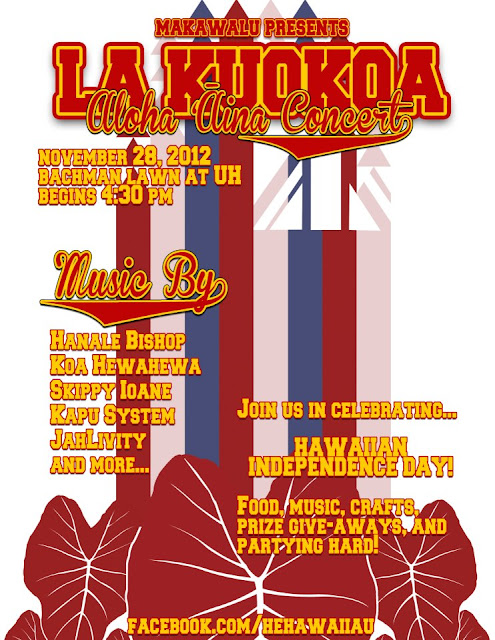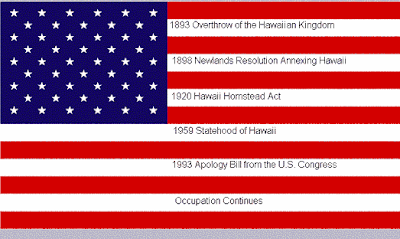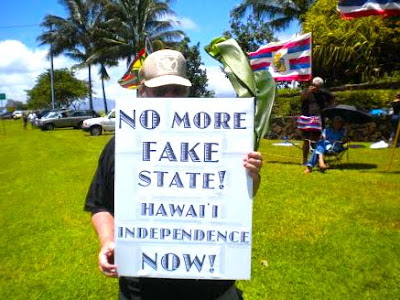Walmart, Sears and a Mass Grave in Bangladesh
ROBERT C. KOEHLER FOR BUZZFLASH AT TRUTHOUT
Cheap clothes!
Their cost, it turns out, is beyond calculation.
“Babul Mia said he identified his wife Mariam Begum, 25, who was apparently burnt beyond recognition, but he could identify her bangles and her small teeth,” reported Bangladesh’s main English-language newspaper, The Daily Star.
“Zahera Begum, who worked on the fifth floor of Tazreen Fashions, too, was identified by her husband Iqramul from her nose ring, bangles and necklace.”
So a fire swept through a sweatshop in Bangladesh on Nov. 24, killing at least 112 people, nearly half of whom were unidentifiable and buried in a mass grave. The sweatshop, which produced brand-name garments for major retail outlets such as Walmart and Sears, has been described as a deathtrap: It lacked working fire extinguishers and external fire escapes; one of the exit doors was locked; and, oh yeah, when the fire alarm first went off, the bosses told everyone to go back to their sewing machines.
“Had there been at least one emergency exit through outside the factory, the casualties would have been much lower,” the local fire department operations director said.
The fire — only the most recent such horror in a Bangladesh or other Third World sweatshop — was eerily similar to the famous Triangle Shirtwaist fire on New York’s Lower East Side a century earlier, an iconic event in the union movement that sparked major changes in working conditions throughout the country. Workers then were also trapped by locked exit doors; 146 of them died on March 25, 1911.
Interestingly, I did not see this obvious comparison drawn in most mainstream coverage of the Bangladesh fire, perhaps because, as Robert Oak put it at Economic Populist, “we’ve outsourced our history of worker exploitation and lack of safe work environments along with American jobs.”
Apparently, this discussion is still off the table. We don’t want to reopen the class warfare thing or look too critically at the global economic system. The problem belongs to Bangladesh, which is notoriously lax about worker safety, especially in the garment industry, where 4,000 factories produce $20 billion in export revenue thanks to a heartless work ethic that’s no longer so easy to maintain in the United States.
“The 25-year-old worker said whenever the fire alarm goes off, the on-duty supervisors stop them from leaving the building.” This is the Daily Star again, interviewing garment workers in other factories. “‘They always say it is nothing serious and that they will check it. The supervisors don’t want to halt the production for even a single moment.’
“Some workers said they sometimes have to work up to 24 hours at a stretch, but they are forced to tell the buyers that they work from 8:00 a.m. to 5:00 p.m. every day. ‘If any worker tells buyers or their representatives about the actual working condition, he is either dismissed or fined,’ said a worker.”
Meanwhile, the big multinationals that get their cheap goods from Bangladesh are — big surprise — distancing themselves from Tazreen Fashions, the sweatshop where the fire occurred.
The notoriously exploitative Walmart, currently beset by workers’ strikes in 100 U.S. cities, has said it wasn’t supposed to be purchasing garments from this particular sweatshop because of its unsafe conditions, but a supplier had subcontracted work there without the company’s authorization.
On Monday Walmart announced it had dumped that supplier, adding: “The fact that this occurred is extremely troubling to us, and we will continue to work across the apparel industry to improve fire safety education and training in Bangladesh.”
In other words, this is mainly Third World ignorance operating here. Bangladesh factory operators need to learn to tell their foremen that when fire alarms go off, the workers should be allowed to exit the building and maybe exit doors shouldn’t be locked and, while you’re at it, let them organize trade unions and pay them more than 3,000 takas ($38) a month. No, wait, skip those last two items.
In point of fact, Walmart and other multinationals have a whole world of cheap labor they can exploit, and they are far more likely to leave a supplier in the lurch, or abandon a whole country, if they can’t get their goods dirt cheap — if wages rise, if meddlesome government regulations start requiring factories to create humane working conditions. It is a ruthless profit squeeze that has created workers’ hell in Bangladesh and elsewhere, and that guarantees more fires and grotesque death tolls in coming months and years.
Walmart’s “culpability is enormous,” Scott Nova, director of the Workers Rights Consortium, told Josh Eidelson of The Nation. As the largest buyer from Bangladesh, “they make the market.”
The problem isn’t the ruthless inhumanity of Walmart execs so much as an economic system in the thrall of profit. As David Korten has written, “The economy’s only valid purpose is to serve life.” We’re trapped in a perversion of this, an economic system that serves scarcity, indifference and our own demise. But we can get brand names cheap.
---
Robert Koehler is an award-winning, Chicago-based journalist and nationally syndicated writer. His new book, Courage Grows Strong at the Wound (Xenos Press) is now available. Contact him at koehlercw@gmail.com, visit his website at commonwonders.com or listen to him at Voices of Peace radio.
***************************************











